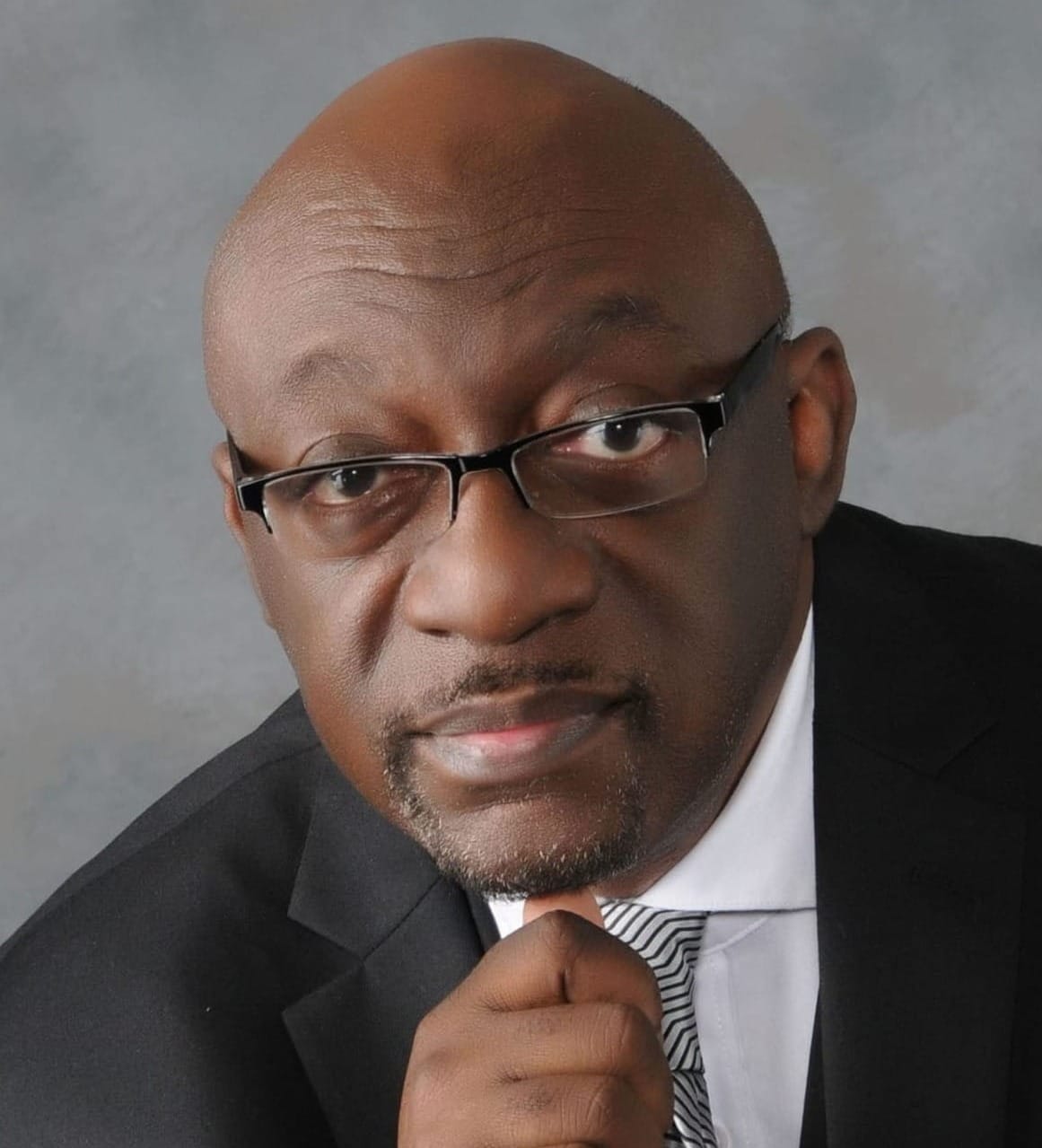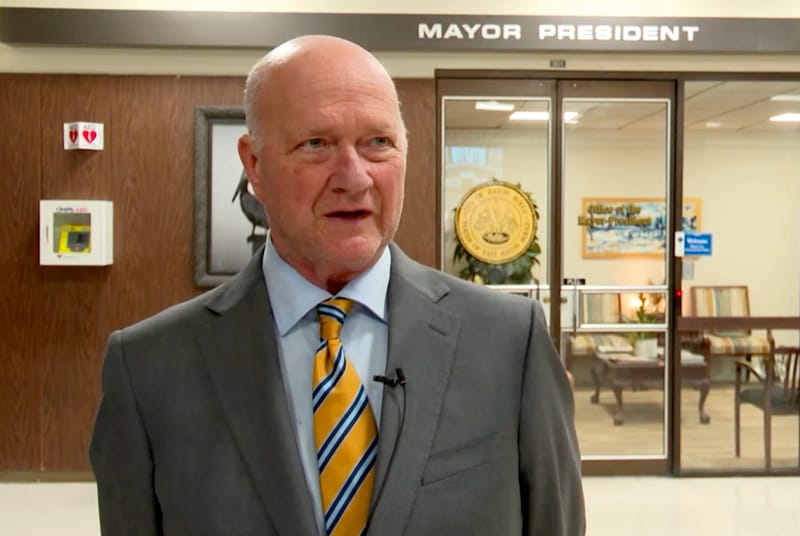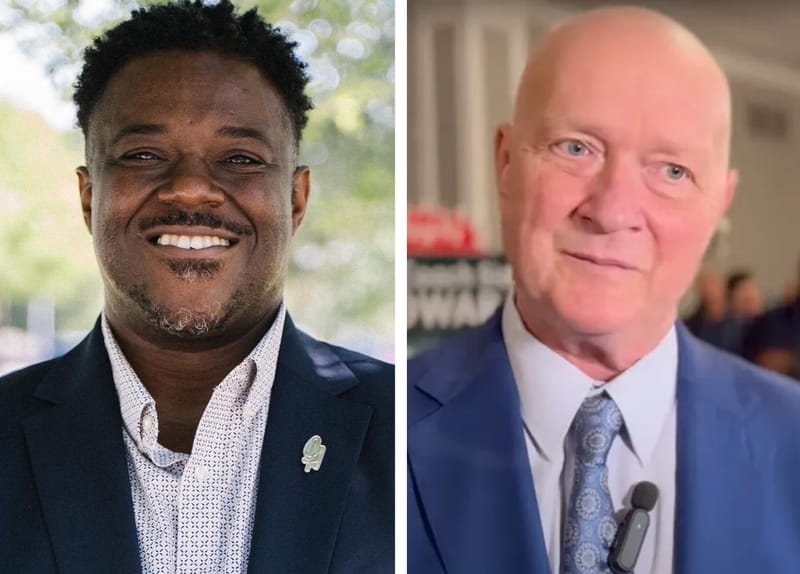Mother Demands Answers After Son Dies in Baton Rouge Crash, Questions Emergency Response
A Baton Rouge mother is demanding answers after her son died in a crash despite two 911 calls for help.

BATON ROUGE, La. —Kendra Whitley is still searching for answers after her son, Jordan Whitley, 29, died in a single-vehicle crash on Nicholson Drive early Jan. 26, 2024, raising urgent questions about the response of emergency services.
Jordan, a plant operator known for his energy, love of sports, traveling, and Southern cuisine, was driving home from a night out when his Ford Mustang left the road and struck a tree. The airbags deployed, automatically triggering the vehicle’s “SYNC 911 Assist” system to place two emergency calls, at 1:36 a.m. and 1:37 a.m. Phone records and Jordan’s Apple Watch confirm he can be heard asking for help.
“I listened over and over,” Kendra said. “He was alive. He was calling for help. And help didn’t come. Those words—‘Help me’—will haunt me forever.”
Timeline of Events and Emergency Response
- 1:35 a.m.—Jordan’s vehicle automatically dials 911. A recorded message announces a crash. Jordan can be heard saying, “Help me,” before the call disconnects.
- 1:36 a.m.—The system calls 911 again. Jordan’s voice is heard, but the call disconnects after the operator attempts to get GPS coordinates.
- 1:38 a.m.—The operator inputs crash coordinates into the CAD system and shares them with the East Baton Rouge Parish Sheriff’s Office.
- 1:39 a.m.—The call is reclassified from “Sheriff 911” to “Hang Up/Unknown Problem.”
- 1:40 a.m.—Deputies attempt to call back Jordan’s number but reach voicemail.
- 1:41 a.m.—A deputy is dispatched from Burbank and Gardere, about four miles from the crash site.
- 1:54 a.m.—Passersby discover the wreck and call 911, prompting a full emergency response.
- 2:01 a.m.—The deputy arrives on the scene.
- 2:03 a.m.—Baton Rouge Fire Department trucks arrive.
- 2:15 a.m.—East Baton Rouge EMS arrives.
- 2:19 a.m.—Louisiana State Police arrive.
- 3:04 a.m.—The coroner declares Jordan dead.
Investigating the System
Records and reports show that a full emergency response did not occur until nearly 30 minutes after the first automated call. Dashcam footage from the deputy begins only after arrival, leaving the first 20 minutes undocumented.
Kendra Whitley said repeated inquiries to EMS, the sheriff’s office, and the fire department produced conflicting statements and incomplete records. Initially, EMS claimed all agencies were notified after the automated calls, but incident reports show fire and EMS were dispatched only after passersby called. The sheriff’s office told investigators the calls were hang-ups, citing a high volume of false 911 calls—15,000 in the past year, with only 26 confirmed emergencies.
“Every minute matters in a life-or-death situation,” Kendra said. “If someone isn’t responding, maybe it’s because they can’t. My son couldn’t. He was trapped. He was alive and asking for help. And no one came.”
Crash Details
Crash data shows Jordan hit a tree at 87 mph, seconds after reaching 113 mph. His blood alcohol content was .089, slightly above the legal limit. The Mustang’s front end was destroyed, and Jordan remained trapped in the driver’s seat.
A Mother’s Mission
Since his death, Kendra has meticulously reviewed 911 call recordings, incident reports, and crash data. She has reached out repeatedly to first responders and city officials, seeking transparency and accountability.
“I know nothing can bring Jordan back,” she said. “But if there is a flaw in the emergency response system, it must be fixed. Another family should not have to lose a child because help didn’t arrive in time. This is about accountability. This is about saving lives. This is about my son. And I will not stop until I get answers.”






